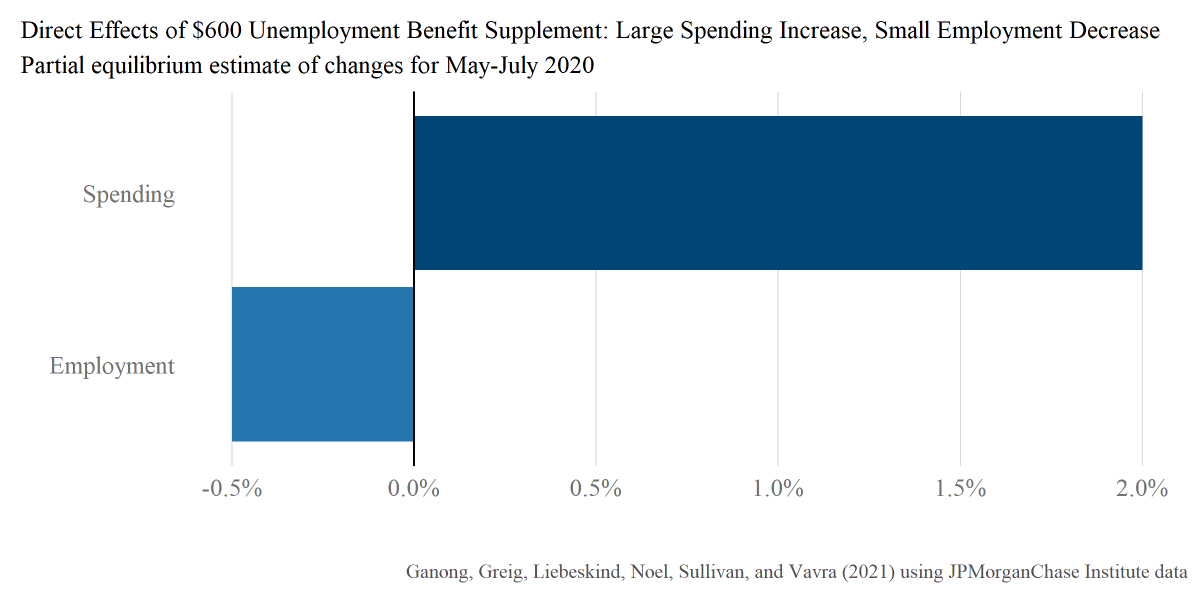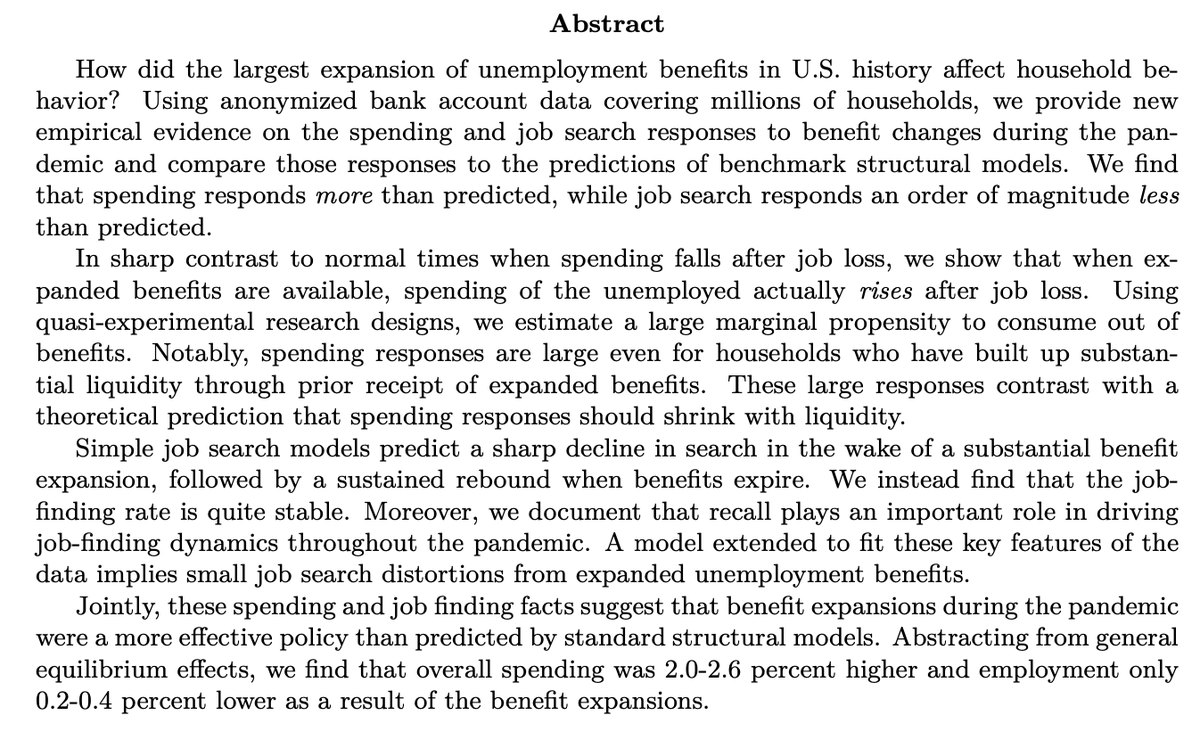
“Should you coauthor your JMP?”
Motivated by @RyanReedHill and @carolyn_sms thread, @pascaljnoel and I decided to write our own coauthored JMP thread.
The “Hillstein” thread is excellent, but there are three additional *upsides* to doing this which we want to share!
Motivated by @RyanReedHill and @carolyn_sms thread, @pascaljnoel and I decided to write our own coauthored JMP thread.
The “Hillstein” thread is excellent, but there are three additional *upsides* to doing this which we want to share!
https://twitter.com/RyanReedHill/status/1382418464170725381
1) Research is emotionally difficult, at least for me. I *hated* working alone. I was on leave when @pascaljnoel and I started working together in earnest. There’s a good chance I would not have finished my PhD if we hadn’t started working together.
Ask yourself “If you are going to work long hours and push your limits, would you rather do that alone or as part of a team?”
You aren't going to be forced to work alone when you get the job, so not obvious why you should subject yourself to it in order to get a job. This is equally true whether you go into academia or not. Most jobs for economists are team-based jobs.
2) Quality quality quality. The quality of what the two of us put out together is much better than if I was working alone.
Why?
i) @pascaljnoel shoots down crappy ideas.
ii) If you have to explain your idea to someone else right away, it forces you to think more clearly. Which brings us back to i)
i) @pascaljnoel shoots down crappy ideas.
ii) If you have to explain your idea to someone else right away, it forces you to think more clearly. Which brings us back to i)
[Finally this explains why I work with @pascaljnoel… As for why he is working with me, I am not sure so you will have to ask him, although he once joked that he might have never submitted a paper without a coauthor who was eager to submit]
3) Teams are better in low-information environments. As a PhD student there is a ton you do not know about how to write a paper. You've never really done it before! The returns to collaboration in any domain are especially high when information is low.
Does a coauthored JMP seem like a good idea for you? If so, we have three more pieces of advice.
4) A lot of good research is at the intersection of two fields. It might therefore be possible, unlike Ryan and Carolyn, to go on different field markets. This is what Pascal and I did. Solves the overlap problem.
5) Think carefully about skill sets. There are different approaches to coauthoring. One is specialization into comparative advantage. The other is to have two utility players. Either model might be good for you. (We are pretty close to the latter world.)
6) Think about it like a marriage. You are constantly facing new challenges and so you can’t just write down a contract at the start of who does what. Instead, you should expect some amount of friction and productive conflict arising from the new challenge
We spend a lot of time thinking about improving our research *process*, constantly trying to improve and communicate about how we do things. If you want it to be strong you should expect to work at it!
@pascaljnoel and I have now written 7 papers together. You can see these papers here
voices.uchicago.edu/noel/research/
voices.uchicago.edu/noel/research/
thanks again to @RyanReedHill and @carolyn_sms for sharing their advice on this topic.
• • •
Missing some Tweet in this thread? You can try to
force a refresh









